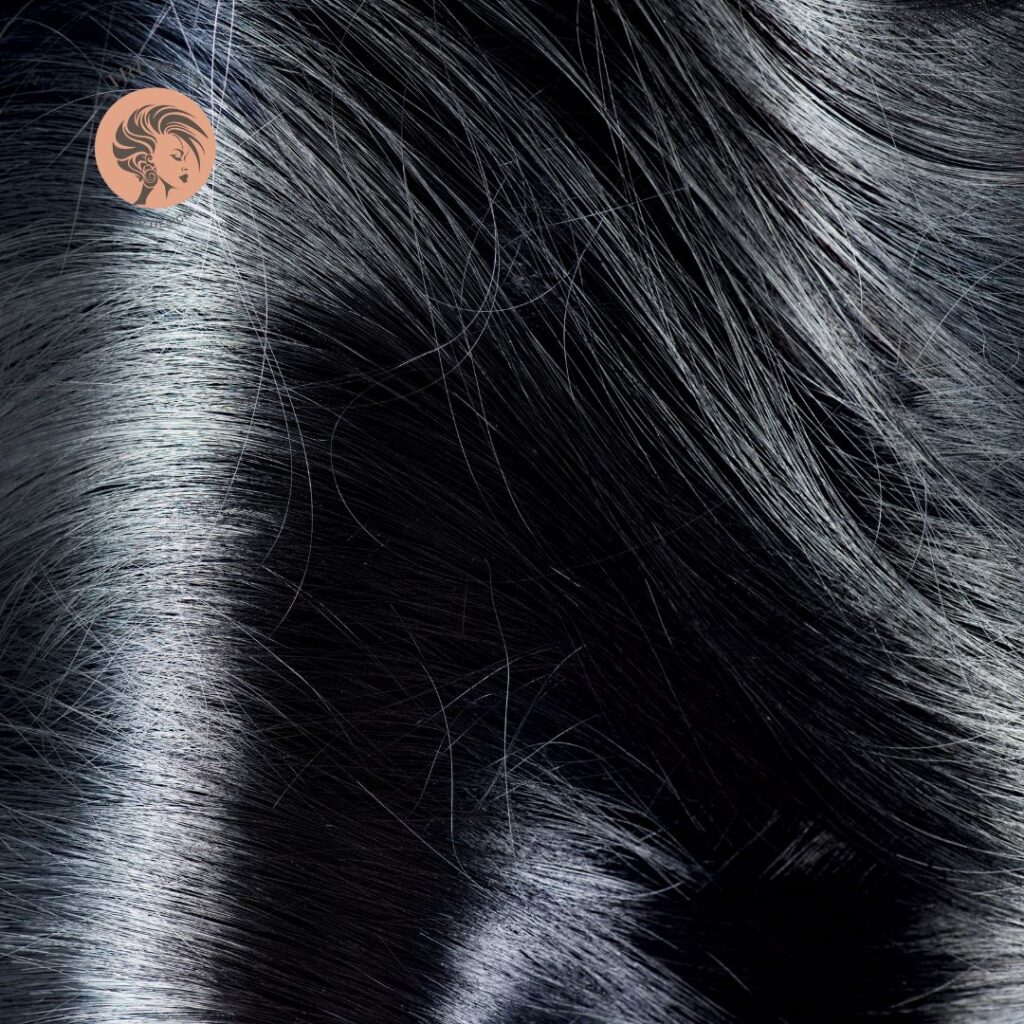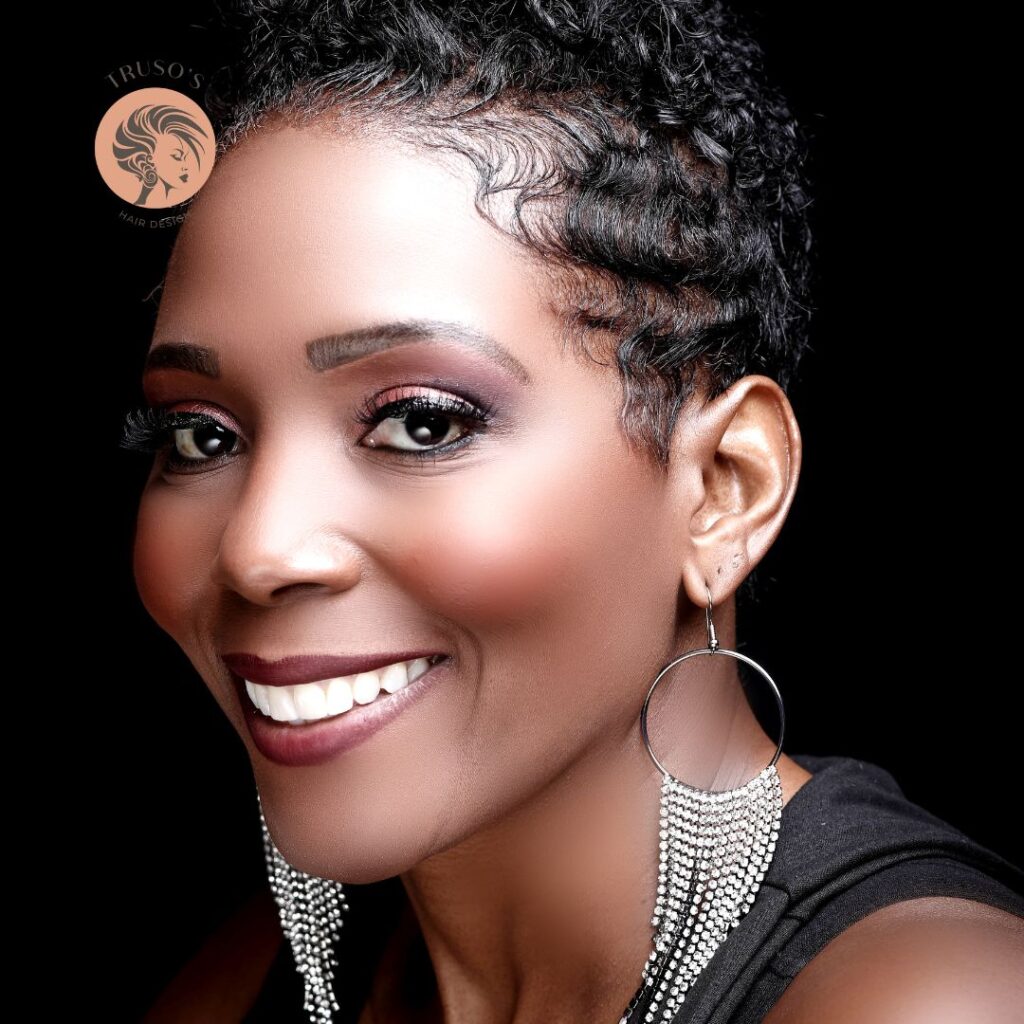How do you Maintain Natural Black Hair?
Maintaining natural black hair can often feel like a daunting task, especially with the myriad of products and techniques available today. However, with a solid understanding of the unique needs of African American hair, you can achieve healthy, beautiful hair. This guide will break down effective strategies for styling African American hair and provide tips that can simplify your hair care routine.
Understanding Natural Black Hair
Natural black hair typically features a distinct texture that ranges from wavy to curly to coily. It’s important to recognise that African American hair is more porous than other hair types, which means it can lose moisture quickly. Consequently, this type of hair benefits greatly from hydration, gentle manipulation, and suitable styling methods to maintain its vibrancy and strength.
Basic Care Tips for Natural Black Hair
1. Hydration is Key
One of the most crucial elements in maintaining natural black hair is hydration. Using a moisturizing shampoo and conditioner specifically formulated for African American hair can help retain moisture. Look for products that include ingredients like shea butter, coconut oil, or aloe vera.
2. Regular Washing Routine
How often you wash your hair can vary depending on your hair’s needs. Generally, washing natural black hair every 1 to 2 weeks is advisable to maintain its natural oils while still keeping it clean. Be gentle when washing to avoid breakage; consider using a co-wash (conditioner wash) if your hair feels dry.
3. Deep Conditioning
Incorporating deep conditioning treatments into your hair care routine is essential for restoring moisture and maintaining elasticity. Aim to deep condition your hair at least once a week. Using a steam treatment can also boost hydration, promoting softer and shinier hair.
Effective Styling Techniques for African American Hair
1. Protective Styling
Protective styling is a popular method to shield your natural black hair from environmental damage. Styles like braids, twists, and updos can help retain length and protect the ends of your hair from wear and tear. Ensure that these styles are not too tight to avoid tension and breakage.
2. Heat Styling
While heat can help in styling African American hair, it should be used sparingly to prevent damage. If you choose to use heat styling tools like straighteners or curling irons, always use a heat protectant to shield your strands from heat damage. Additionally, opt for lower heat settings to minimise potential harm.
3. Embrace Natural Texture
Often, the most stunning looks can come from embracing your natural texture. Techniques such as twist-outs, braid-outs, or wash-and-go styles can create beautiful curls without the need for heat. These styles also allow for versatility, offering different looks while maintaining the health of your hair.
The Importance of Scalp Care
Taking care of your scalp is just as crucial as focusing on the strands themselves. A healthy scalp encourages hair growth and overall wellness. Regular scalp massages can promote circulation, which may help hair growth. You can also incorporate natural oils, such as jojoba or peppermint oil, for added nourishment.
Conclusion
In summary, maintaining natural black hair revolves around hydration, gentle styling techniques, and scalp health. By understanding the unique characteristics of African American hair and adopting appropriate care methods, you can keep your hair thriving. Embrace your texture and experiment with different styles while taking care to protect and nourish your hair. By incorporating these practices into your routine, you’ll ensure that your natural black hair not only looks fabulous but remains healthy and strong.
Remember, the journey to healthy hair is personal and may require trial and error, but with patience and care, you will undoubtedly see positive results.
Visit our blog page for more helpful articles!




